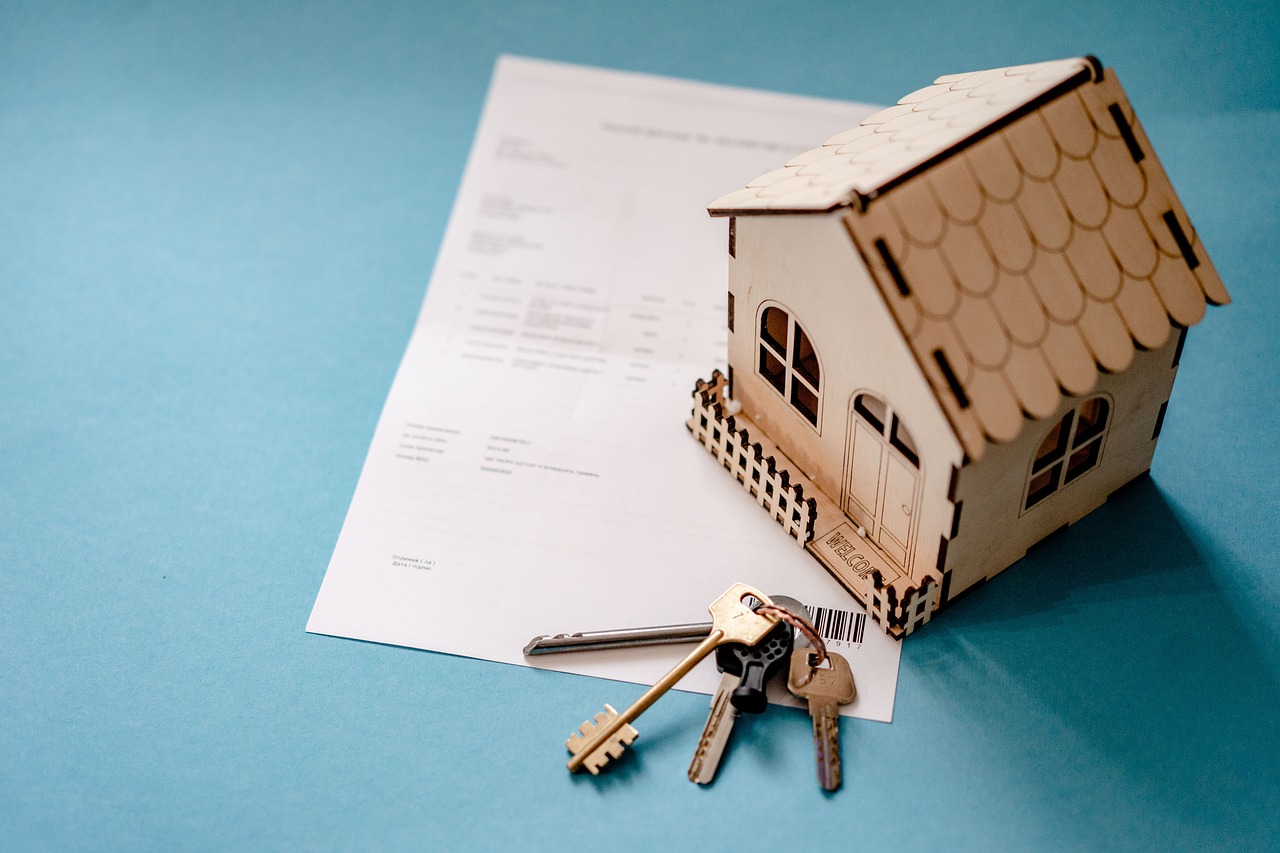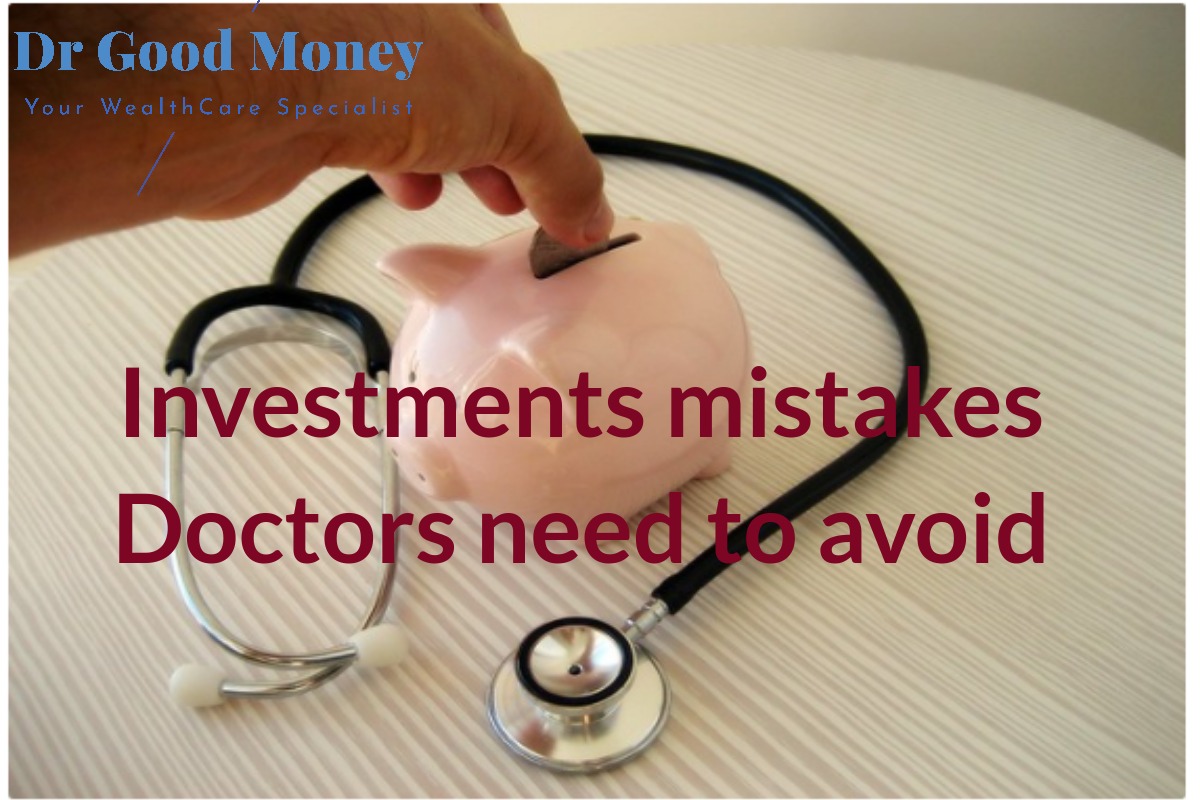Many young doctors at the beginning of their careers want to buy their own homes. As soon as they land their first job, they desperately want to own their homes.
After all, society pushes you to think along these lines. You are told that- you have not made it yet…until you buy your own home. Buying a Home is looked upon as an achievement.
You see your peers buying big homes, you feel left out and become impatient even more.
Buying a home is one of the important decisions both from a financial as well as emotional point of view.
These decisions typically come with long-term commitments in the form of regular EMIs, thus seeing only the emotional aspect may not make sense at all. Making such important decisions without proper financial planning might have serious repercussions in the long term.
Yes, as your income increases it might make sense to go about buying the house but before making such an important decision it is imperative to understand the financial situation and the effect of the decision on other important goals and priorities.
FREE Download
YOUR FINANCIAL DATA
RECORD KEEPER
Organize and Collate data at a Single Place for easy Access and Management
Sometimes, buying a home might demand some compromises on your existing lifestyle as well.
In this article, let us see the things doctors should consider before buying their first home and how to plan for the same.
Factors Doctors should consider before buying a house:
#1 Stability:
If you have recently started with your job or practice, before buying a home you should consider stability not only from the income angle but from the place of work angle as well. If you are unsure whether you would be continuing to work in the same city for at least 8-10 years, it may not make sense to buy a house and block the liquidity. (Also Read: Money traps doctors should avoid falling into)
#2 Affordability:
If you are sure about the place of work, search for the home that fits into your budget. Do not fall for the big or luxury homes, or posh locations that are way beyond your reach. Try to zero down on a house the EMI of which is somewhat near to the rent you are currently paying. Otherwise, you might end up taking personal loans or soft loans from friends or relatives (bad credit). Asking for money from parents might give a dent in their retirement fund. It would also not be the right thing to do.
Now if you are thinking that it’s difficult to find a house with the EMI equal to Rent, then this is only the case when you are taking out a loan for 80-90% of the house value.
Always try to pay at least 50% as a down payment to keep the EMI burden to the lowest possible.
#3 Liability:
Although a home loan is taken to build an asset, it is also true that it is a big liability. If your future cash flow gets impacted for any reason, you might find it difficult to honor your commitments.
It may derail your credit score as well. However, a short-term scenario can be managed by creating a backup plan in the form of an emergency fund. What if the situation lasts longer than the anticipated time frame?
Also, it might be possible that you are servicing your education loan and it would not be wise to increase the debt burden by adding the home loan.
(Also Read: How should doctors plan before taking any loan?)
#4 What about other goals?
Besides buying a house there might be other financial goals too that you need to plan for. For instance, child future, vacations, retirement, car, etc. Some of these goals are certain and others can be flexible. Before taking the decision of buying a home, you need to understand where does this goal fit in. (Also Read: How young doctors should set their financial goals?)
Important tips for doctors planning to buy their first home:
In general, EMIs stay within the expected range, but rental costs are on the rise over time. But with some effort, you can also find house rentals within your budget.
Still, if you want to own a house you need to have a proper plan and strategy in place to manage the down payment as well as the EMIs.
#1 Watch your cash flow:
While planning for a home purchase, it is one of the most important things to consider. Not only your income but you need to look at your expenses and the surplus left over the expenses, investments, and other EMIs. See how much you can afford as your home loan EMI.
Remember, you will buy your own home and not make any investment. So do not try to justify the decision by assuming that its price also keeps growing over a period of time. Your house will also demand maintenance at regular intervals. (Also Read: Why Real Estate investment can be a risky investment for doctors)
Overestimating the surplus might lead you into a debt trap. It is you who should decide your EMI outgo, not the banks. As a fundamental rule, your total EMIs on all loans should not exceed 50% of your income.
Also Check- Financial Planning tips for young doctors
#2 Embrace discipline:
Upon completing the budgeting exercise, if you find that you can cut some expenses to manage the high EMIs, do a simple task. Start parking the surplus available for home loan EMI, and the money saved on the expenses you are ready to forego in a liquid mutual fund or a bank recurring deposit.
Continue this activity for the next 6 to 12 months to see if you are really willing to compromise on your existing lifestyle and can manage the EMIs comfortably.
For instance, currently, you save Rs.25,000 a month after all expenses, and the home loan EMI is Rs.50,000. You are paying rent of Rs.15,000 and are ready to sacrifice the weekend outing which costs around 10,000-15,000 per month.
Start parking the total amount of Rs.25,000 to 30,000 per month (rent + weekend outing expense) into some liquid fund or a bank recurring deposit. This will not only help in inculcating discipline but will also let you save extra for the down payment.
#3 Save for the down payment and other costs:
You need to understand that banks do not finance 100% of the property value. As per RBI guidelines, for properties valued at less than 30 lakhs the loan-to-value ratio is 90%; above 30 lakhs but less than 75 lakhs it is 80%; above 75 lakhs it is 75%. Registration fees and other expenses are not included in this cost. In other words, the bank will only finance up to Rs.40 lakhs (80%) of a property that costs Rs.50 lakhs, while you will have to arrange for the remaining Rs.10 lakhs from your own savings.
Apart from this, you will also have to arrange for various other incidental expenses like- stamp duty, brokerage, maintenance charges, PLC, electricity backup, etc. According to an RBI estimate, these costs can go up to 15% of the house cost.
Try to maximize your down payment, at least 50% of the house cost. Although it may seem to be a tough task but the right thing to do. Even if you have the required cash flow to manage the EMIs, it would be wise to keep the EMI as minimum as possible and the financial lipid profile in check. (Read: What is Lipid Profile in Personal Finances?)
#4 Check your Credit Score:
Now that you are ready with the down payment and have budgeted for the EMIs as well, you can go ahead and apply for the home loan. While providing a home loan or any loan for that matter, the bank will check your credit score. It is nothing but a 3-digit number depicting your credit history. The score ranges from 300 to 900, and bankers generally favor a score of 750 or higher.
You may be denied the loan if your credit score is low. It does not depend upon your net worth, or the ability to repay the loan but rather how you have handled your loans in the past. If you have shown bad credit behavior in the past by not paying the EMIs of the loans on time or defaulting on the payments, your score might be low.
If you plan to take out a home loan soon, it is important that you follow good credit behavior and do not default or delay any repayments and keep an eye on your credit score. If your score is low, even pre-approved loans will not be disbursed.
Conclusion:
For many doctors, home buying is an important financial goal. Especially for first-time home-buyers, it is an emotional one too. It gives many a sense of accomplishment, and that’s why it’s one of their top priorities.
But, it would not be a good idea to make haphazard decisions. Such decisions should always be taken looking at the bigger picture.
Since the goal involves a huge cost and brings along a long-term commitment, you need to plan for it wisely keeping a balance between other priorities. If not handled carefully, it can hit your important financial goals very badly.
All in all, go for house purchase only if you are sure that you would be living in the same city for at least the next 8 to 10 years. If possible, try to find a ready-to-move-in house and keep the EMIs in line with your rental outgo.
Else, be patient and keep saving until you can afford to buy your own home. Live on rent, be flexible, and stay free.
Also Check- Financial Planning for doctors across life stages





